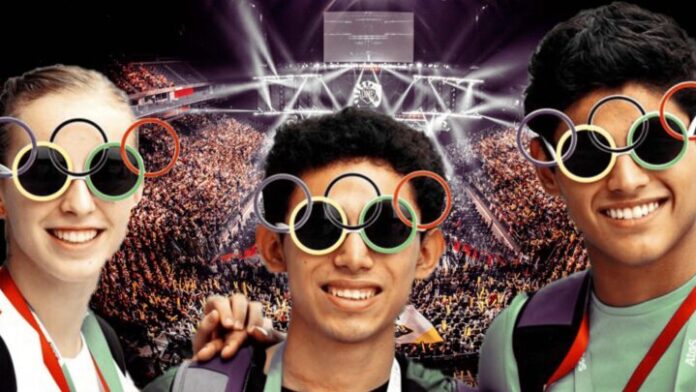Olympia will need esports in the future more than esports need Olympia.
It’s a bold thesis that Evangelos Papathanassiou, co-founder of the Esports Player Foundation, made at the BMW Esports Boost in June. A thesis that will probably come true, but will not be palatable to many fans of the Olympic Games. After all, the biggest international sporting event besides the Football World Cup is still primarily reserved for traditional sports like athletics.
The International Olympic Committee (IOC) is only slowly opening up to modern sports. For the 2020/2021 Summer Games, for example, skateboarding was admitted as a discipline for the first time. Considering that the sport experienced a huge boom at the turn of the millennium, this move by the IOC looks like 20 years of wasted time.
Modern sport, conservative society
The IOC has already taken the first steps to promote virtual sport. But there are still too many construction sites that stand in the way of a smooth implementation at a classic sporting event like the Olympics.
One of the biggest problems is the recognition of esport athletes as athletes. In many countries, professional gamers still do not have the same status as professional athletes. This leads to entry being made more difficult because access to necessary visas is restricted. As recently in Sweden, where the Dota 2 tournament “The International” was not classified as an elite sporting event, making it impossible to hold it in Stockholm. Yet Sweden itself has many successful esports organisations such as the Ninjas in Pyjamas.
Why is a country that is considered an esports pioneer in Europe taking such a big step backwards in its development?
I think it’s because of the boomer culture.
This is how Sam Mathews, CEO & Founder of Fnatic, tried to find an explanation at the BMW Esports Boost. He is probably right with this statement, because in many countries gaming, and with it esports, is still afflicted with many prejudices.
Huge opportunities, no recognition
The Boomer generation, i.e. the post-war generation, grew up with classic sports and had little to no access to video games. Their children grew up with Gameboy, Nintendo and PC, but the structures were far from being designed for professional sport. Recognition for athletes? Rather absent. And this is exactly where the integration of virtual sports at the Olympic Games could help.
Let’s be clear about this: Esports do not need the Olympics to grow. The structures are there, the audience is huge. In 2020 alone, according to the website statista, around 436 million people have indicated that they follow esports at least occasionally. By 2024, an increase to over 577 million viewers can be expected.
If the IOC were to include esports, however, it would give the sport the recognition it needs. It would put professional gamers on an equal footing with classical athletes and value their hard work. It would raise the public profile of esports. It would take the step that so many countries don’t want to take – and gain so much in the process. Because the IOC needs esports to remain successful in the future.
Young generations are becoming more and more engaged with the digital world. At some point, virtual sport will replace traditional sport. With Esport integration, the Olympic Games would send a signal to the future target group and give them access to the event. This would secure viewership for years to come.
But even if the IOC decides to go for it, unanswered questions remain.
A separate Olympics as a solution?
How do you integrate a sport with modern structures into existing traditions without bastardising it? Which titles will be Olympic? Is there a classic division of nations?
Questions upon questions, they are not easy to answer. The speakers at the BMW Esports Boost brought up an own Olympics, detached from the existing IOC structures. At the very least, however, there should be the highest possible autonomy over the competitions. “And that is already almost impossible,” Papathanassiou concluded.
Apart from that, such a clear demarcation would not help esports to be recognised as a sport in society.
For the project to succeed, both sides would have to make concessions. The esport industry would have to break up its structures somewhat and allow the classic idea of sport. The IOC, on the other hand, would have to abandon the conservative attitude that sport only means physical activity and allow for the modern idea of sport.


